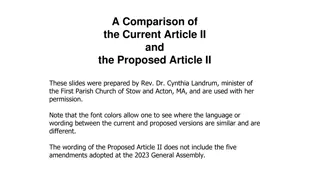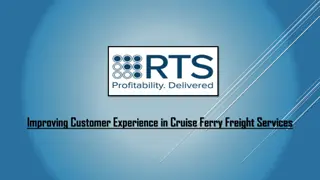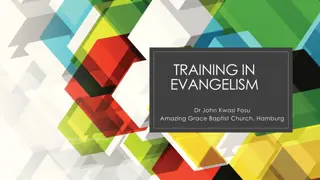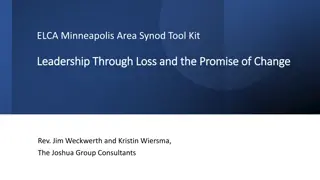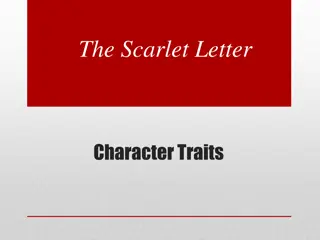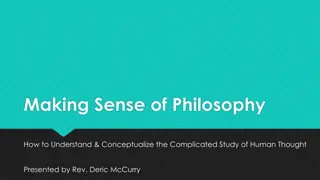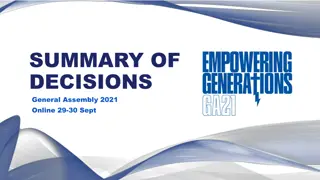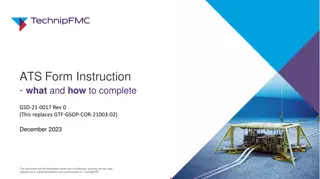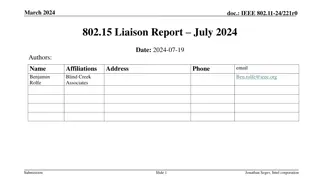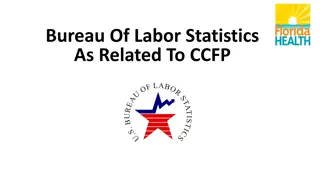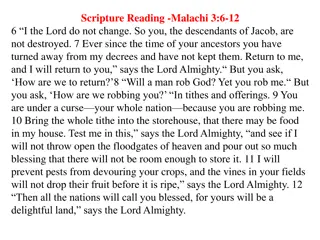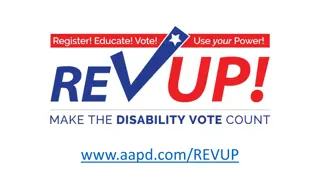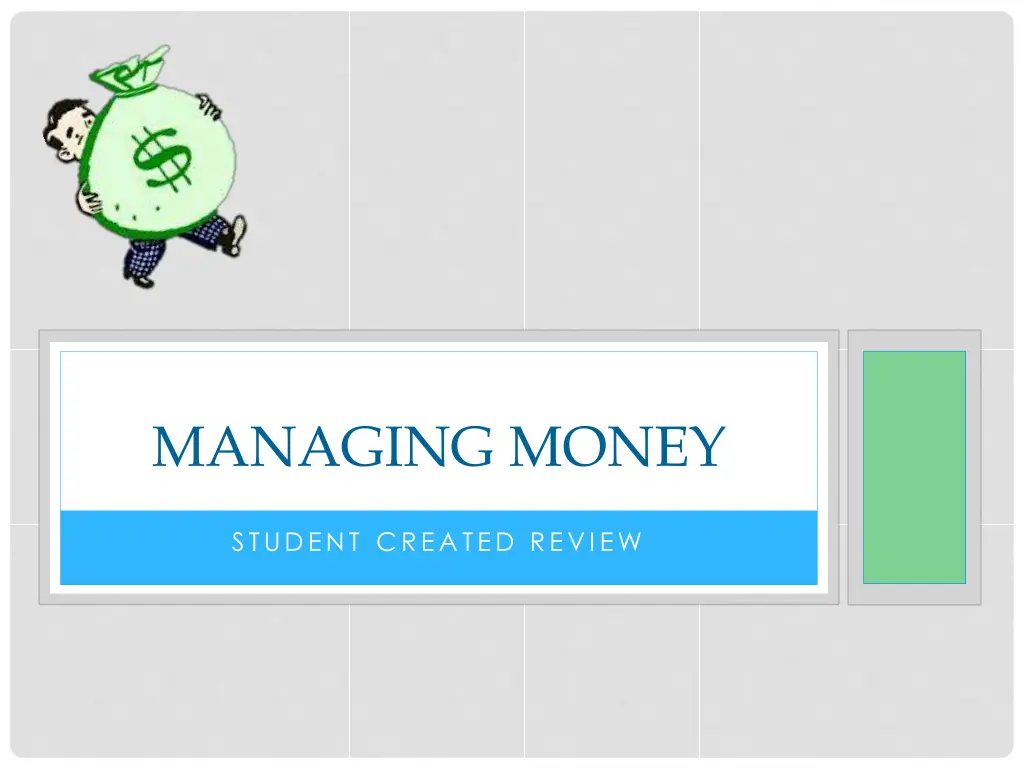
Effective Money Management for Students
Discover tips for managing money effectively as a student, identify your spending style, learn about everyday expenses like checking accounts and debit cards, understand types of credit, familiarize yourself with financial vocab, and create a financial plan tailored to your goals and needs.
Download Presentation

Please find below an Image/Link to download the presentation.
The content on the website is provided AS IS for your information and personal use only. It may not be sold, licensed, or shared on other websites without obtaining consent from the author. If you encounter any issues during the download, it is possible that the publisher has removed the file from their server.
You are allowed to download the files provided on this website for personal or commercial use, subject to the condition that they are used lawfully. All files are the property of their respective owners.
The content on the website is provided AS IS for your information and personal use only. It may not be sold, licensed, or shared on other websites without obtaining consent from the author.
E N D
Presentation Transcript
MANAGING MONEY STUDENT CREATED REVIEW
SPENDING STYLES WHICH ARE YOU?? Present-Oriented Future-Oriented Buying things now instead of waiting Don t plan and save as much Self centered when it comes to spending Worry less Usually go into debt Have goals Prepared when something comes up Don t like to chip in Don t like spending More thoughtful about purchases Takes them longer to buy something
EVERYDAY EXPENSES Checking Account- Deposit your money in your bank account Use it when you are really ready to responsibly use money Multiple people can access the account if they are all listed on the account Sometimes people write checks for more money then there is on the account That means the check BOUNCES If you write a check that bounces, then you have to pay a fine Atm s- Usually open 24 hours You can take cash off from your account or add money to your account(deposit) You need a PIN number to do this The money that you take off is taken off your account rightaway Debit Cards- Money is taken out of your account to pay for something without you writing a check Keep close records, money tends to go quickly The money is taken out of your account right away to pay for that item.
TYPES OF CREDIT What is Credit? A loan from a bank or by using a credit card to pay for something You are using the money and paying the bank or credit card company back later, usually monthly With credit comes interest which is money that gets added on to what you have payed, based on how much you owe. It is a percentage of the total amount you owe.
VOCAB Financial plan: a plan to decide how money is going in/coming out in order to have the ability to use it how you want to Fixed expenses: monthly expenses, typically rent/mortgage, phone bill, utility bills. Often the same or a similar about each month. Flexible expenses: adjustable, not always needed expenses, think gifts, or sudden expenses Resourceful: getting what you want by using the things around you responsibily
MAKING A FINANCIAL PLAN Think about long-term (takes months or years to achieve)and short-term (takes hours, days, weeks, maybe a couple months to achieve) goals STEPS: Estimate Income: know what you will be taking home, not your hourly wage, remember taxes Record Expenses: write down costs of EVERYTHING Analyze Spending: look at what you spend, what can you cut back on? Plan for Spending and Saving: decide what you want to do with your money Evaluate your plan: check up on your plan, adjust if something needs adjusting
FAMILY FINANCIAL PLAN Make a plan for the family Home - mortgage/rent, utilities, phone, internet, etc. Food groceries and eating out Clothing basic needs for all members of the family Savings for retirement, college, wedding(s) And MORE FINANCIAL DECISIONS: Parents have final say of how money is to be spent Life isn t fair. Get used to it you don t get everything you want PLANNING FOR FAMILY DEVELOPMENT: Families don t spend money the same ways think about how your family spends/saves money When parents have teenagers, financial pressure is on to compete with other families Retirement will bring the biggest feeling of security. Start saving NOW!!!
INSTALLMENT BUYING Large items can t be bought on a credit card Examples: cars and houses they are usually purchased with a loan which is an installment plan, but different from a credit card. Installment buying: make a partial down payment which is called a down payment Next step is signing a contract to pay the balance, usually monthly for several years (could be 1, 3, 5 up to 30 years!!!) Be careful and be sure to look out for the (APR) annual percentage rate Always be sure to read the contract before signing so you never miss anything. You ARE legally responsible for anything you sign once you are over 18
LOANS Loan: lending something to someone with an agreement of paying it back Where to get loans: Banks Credit unions The information supplied when you borrow money is controlled by the federal laws control Helps you compare costs and terms Steps for applying for credit Fill out a credit application Company does a credit check Company decides whether they think you are a good risk (meaning that you WILL pay the money back)to give it to you
SAVING MONEY Saving money should be a part of everyone's plan Remember: **Benefits out weigh the costs** When people get sick, are unemployed, get in a accident, they usually rely on savings. Mainly all banks allow unlimited access to the account You may want to consider having an emergency fund incase something happens


